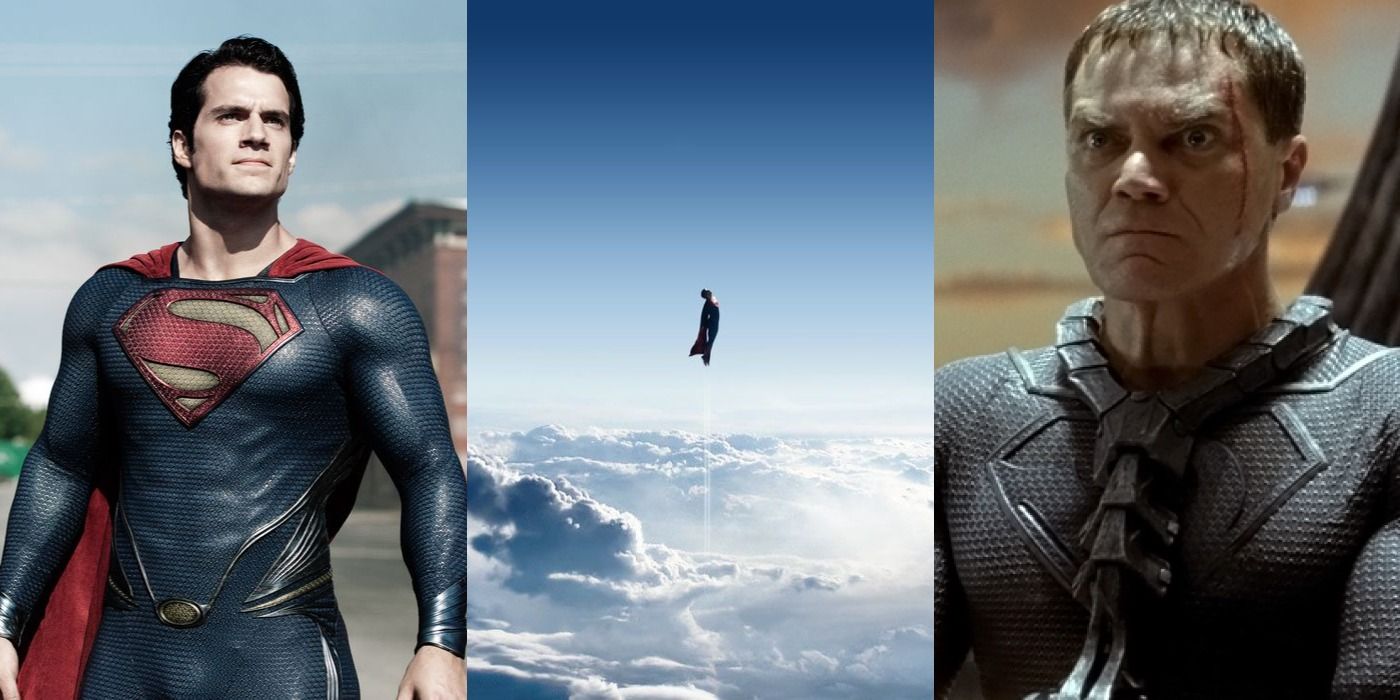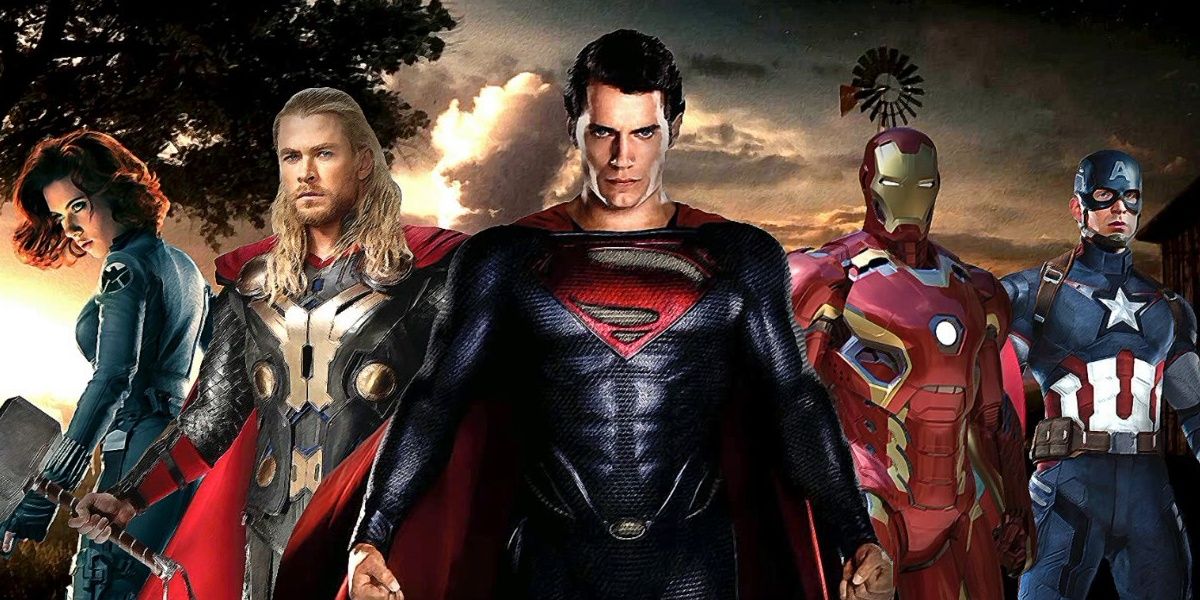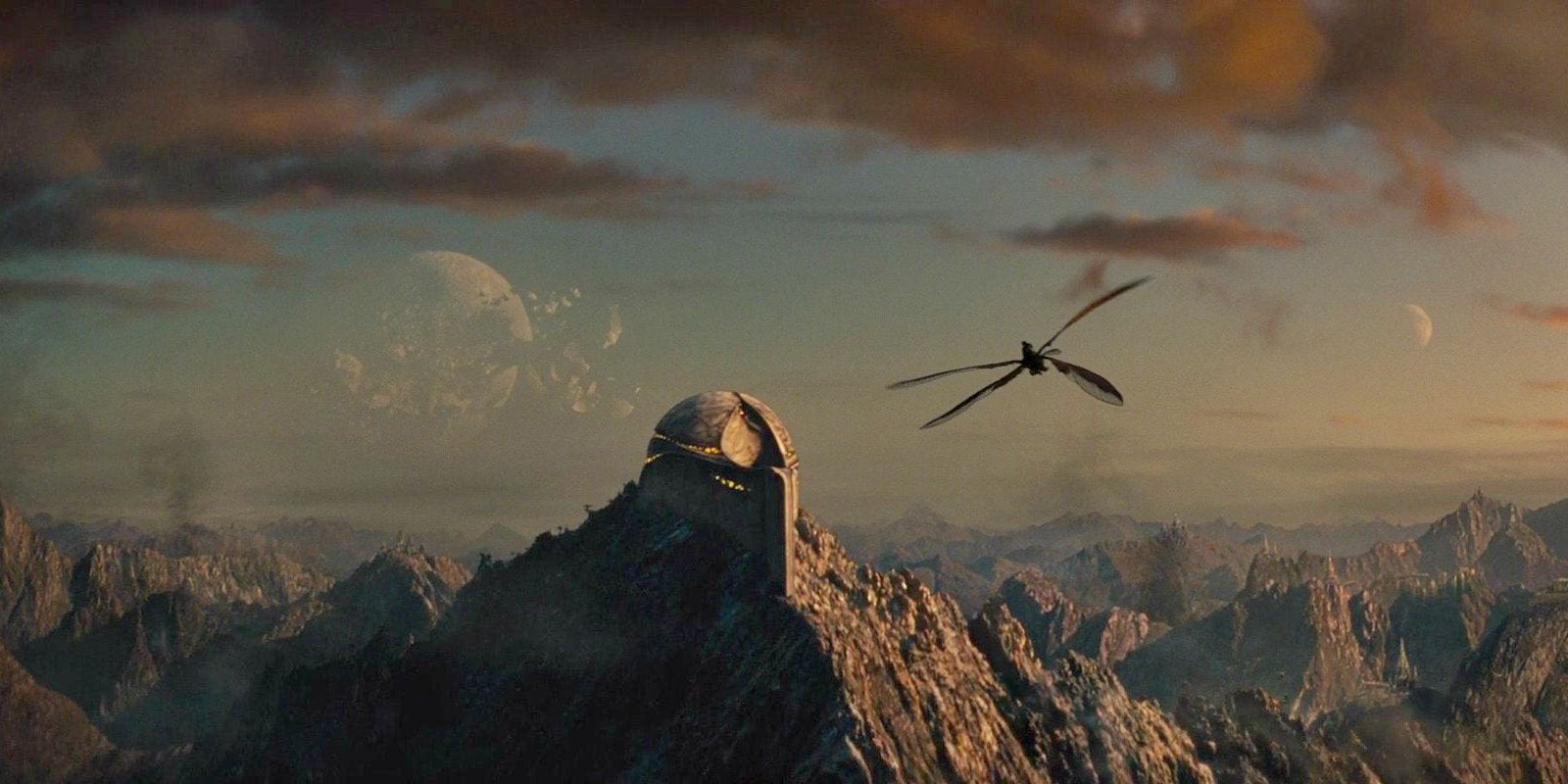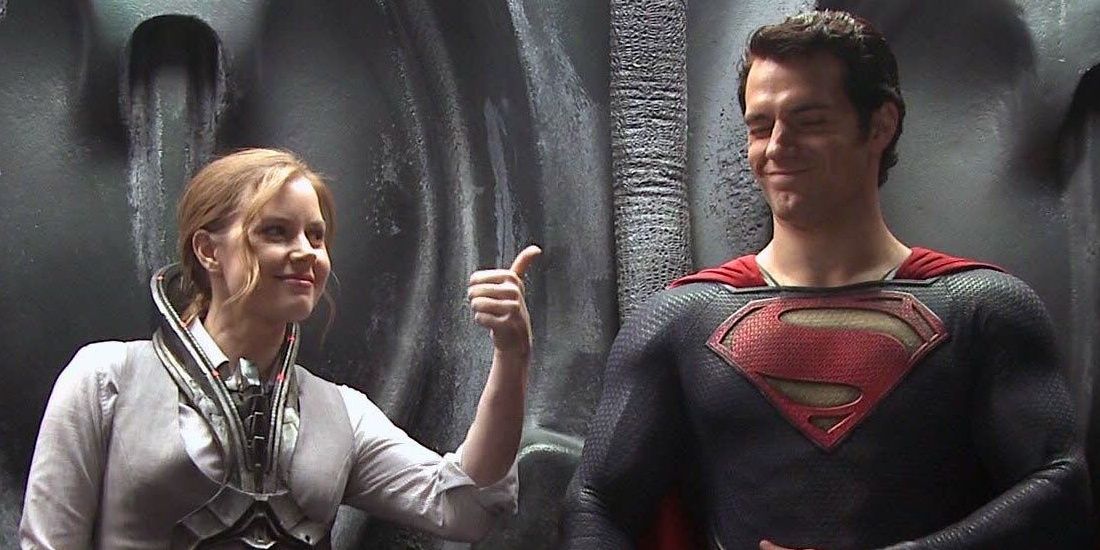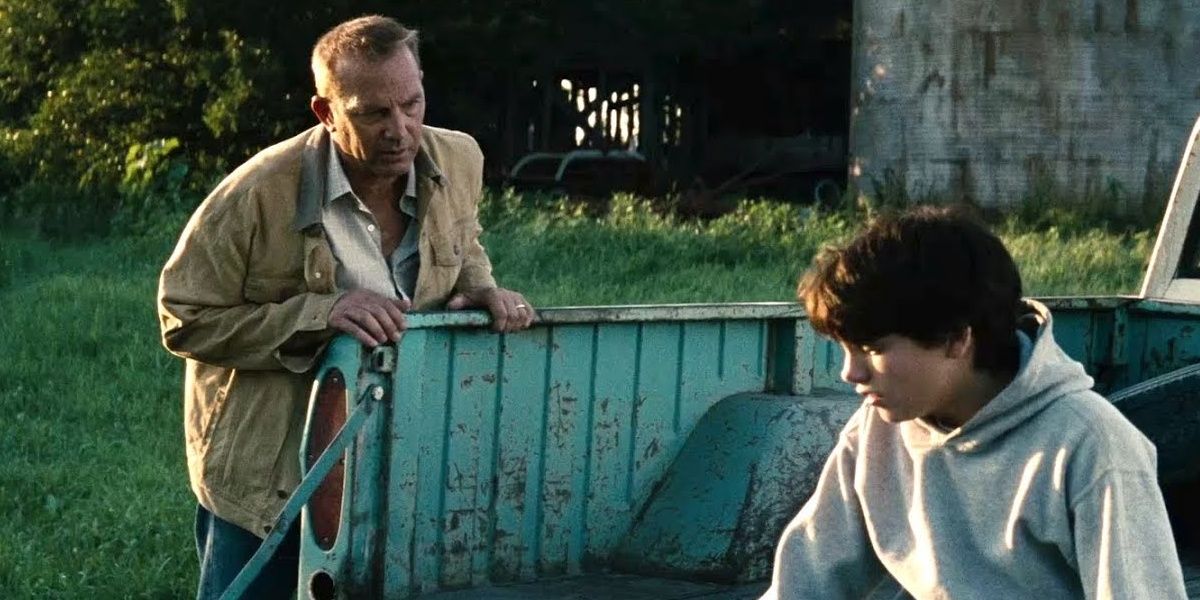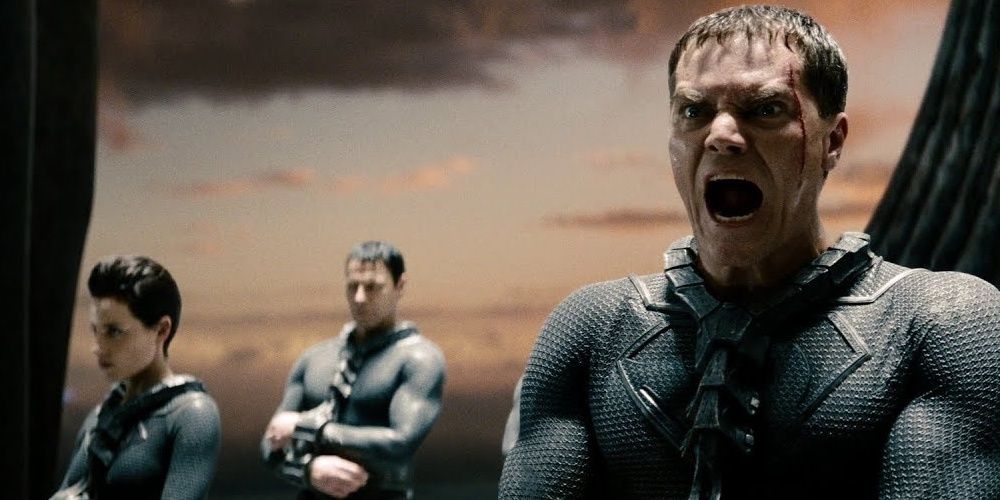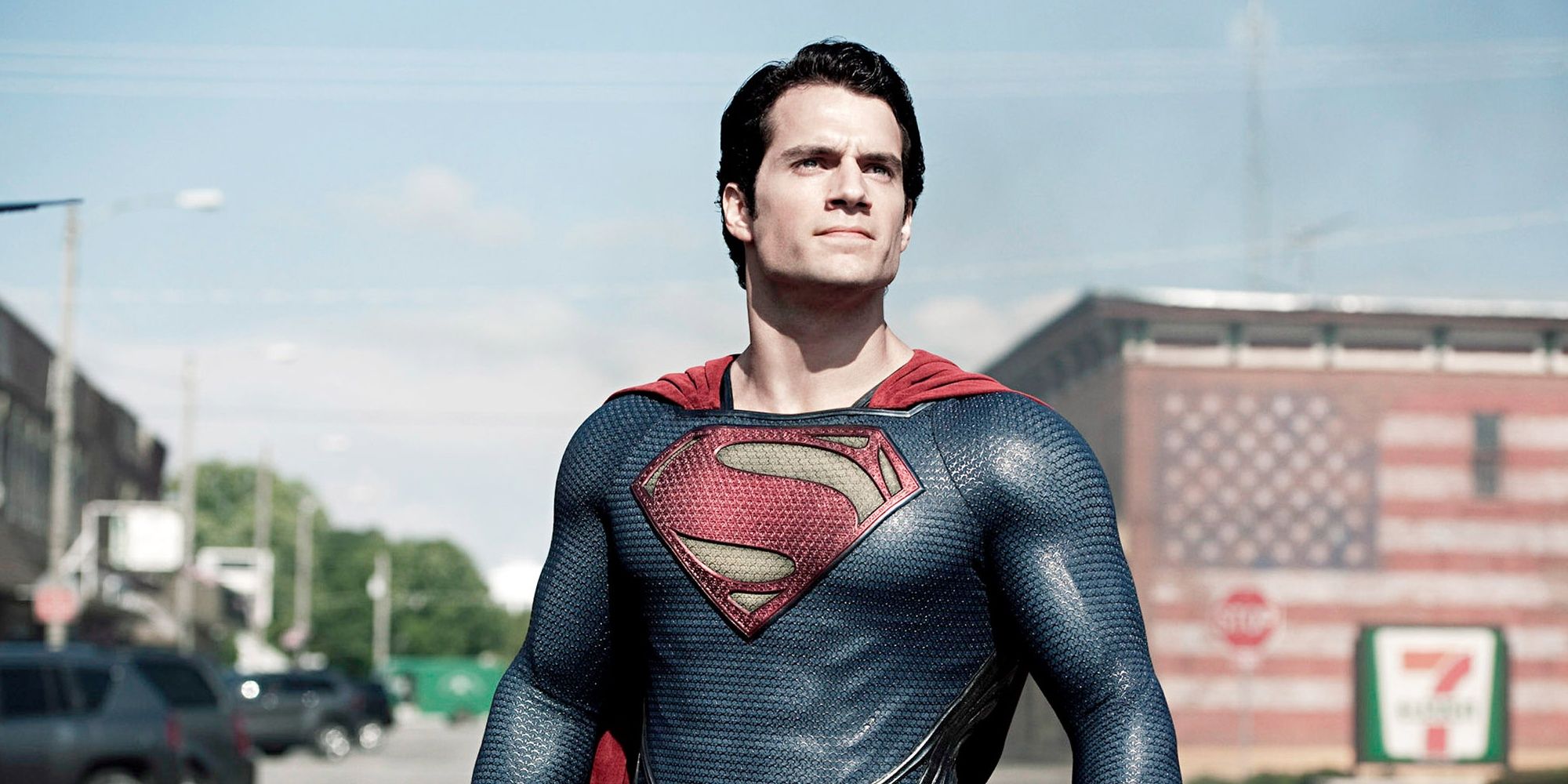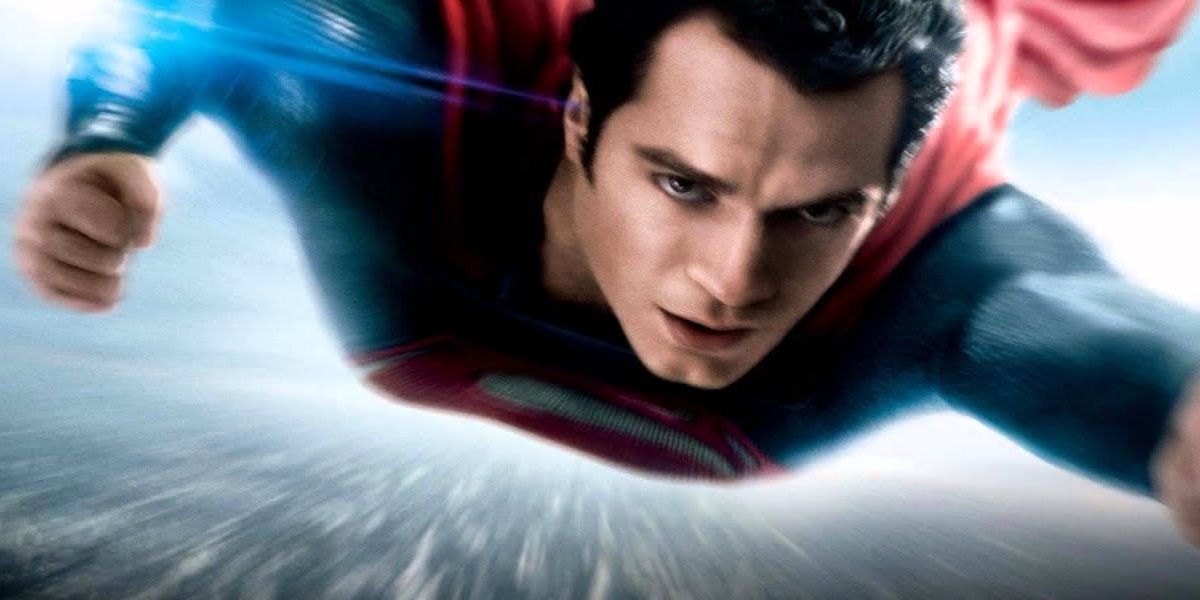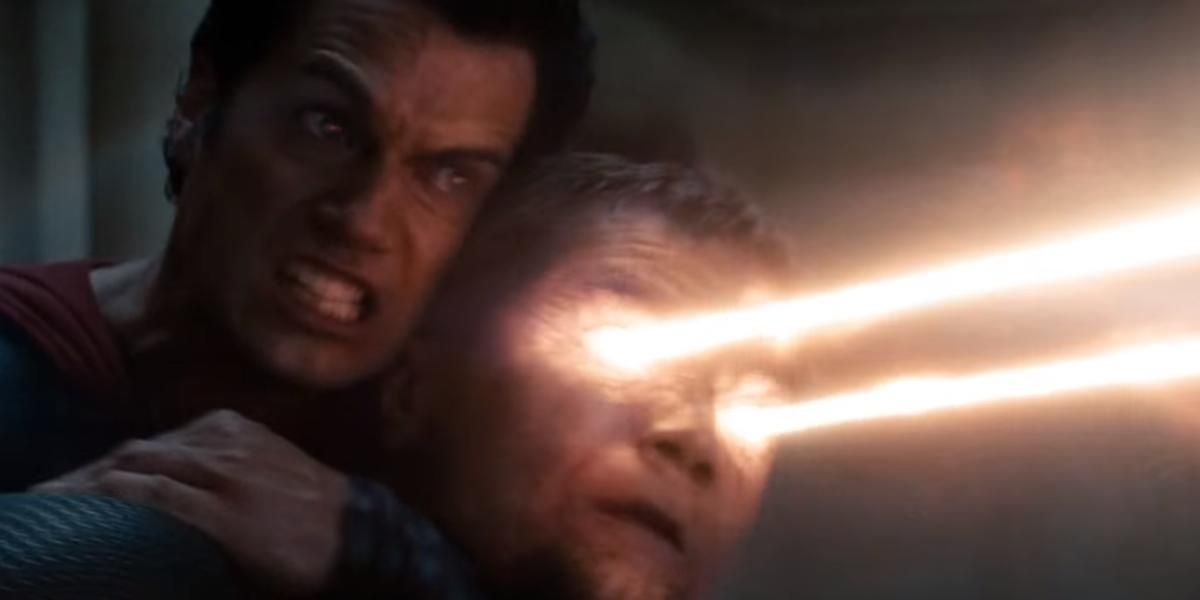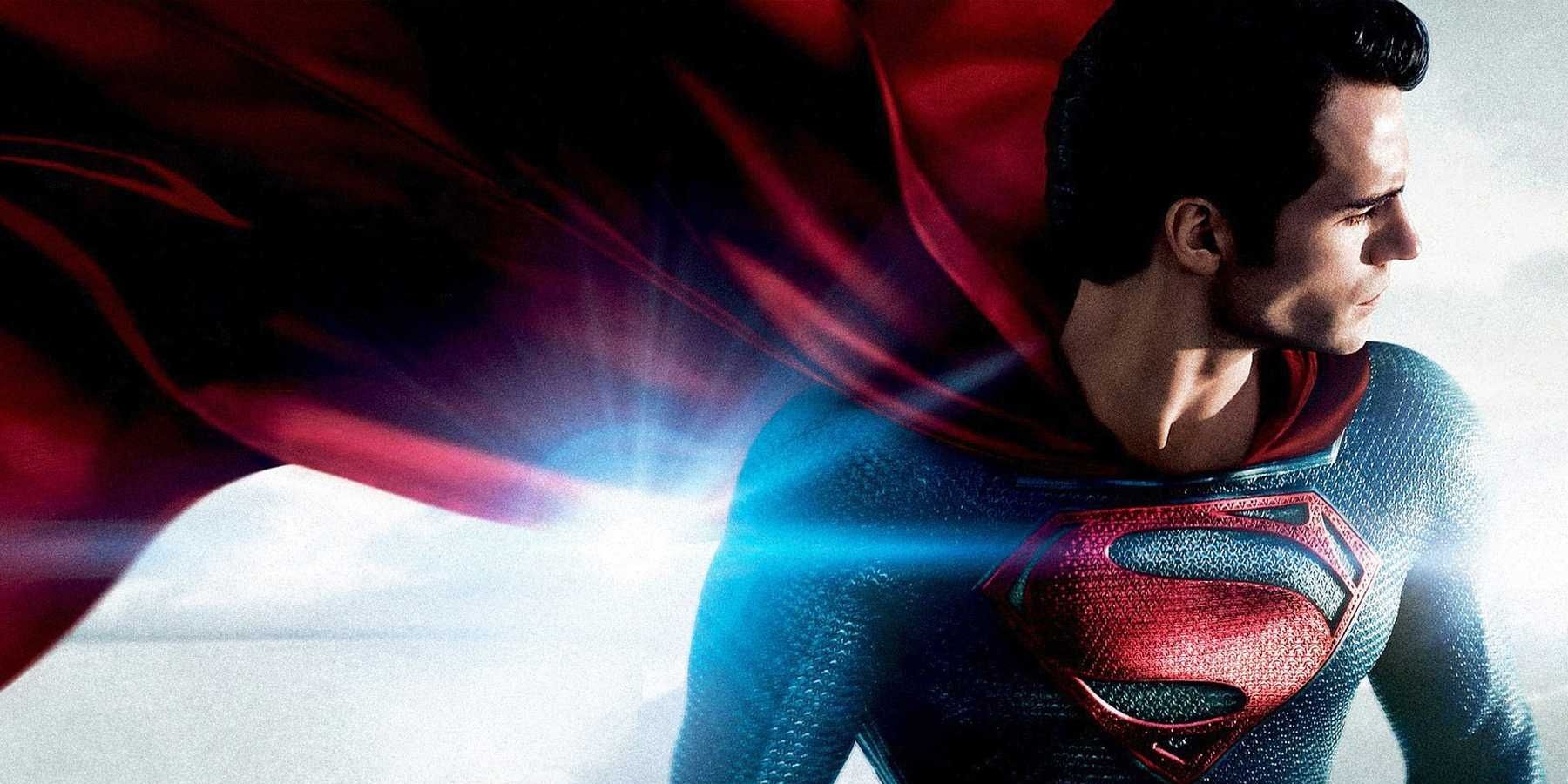When the Superman film franchise was relaunched in 2013 with Man of Steel, audiences were excited to see the iconic character back on the big screen. Given the immense success of Christopher Nolan's Dark Knight trilogy, his involvement in Superman's next adventure promised a wholly fresh adaptation of the character.
The resulting reception of the film was decidedly...mixed. Some praised the story's re-imagination of the iconic hero while others criticized elements such as tone and the controversial finale. Audiences worldwide still gave the movie a chance as it respectably took in more than $600 million. Though no movie is without sin and many criticisms were warranted, there are a few reasons why Man of Steel is better than we remember.
It Was Released After The Avengers
Man of Steel was first publicly announced in 2010 during the height of Nolan's Dark Knight era and two years before The Avengers. As the MCU was still in its infancy, the prospect of a Superman movie from the writing team of The Dark Knight was very exciting.
The release of The Avengers changed the landscape considerably. Audiences and studios alike immediately embraced the fun and whimsical atmosphere of Marvel's team-up, which subsequently made Man of Steel's seriousness feel dour by comparison. While it's impossible to determine if the outcome would have been different had either film been released at different times, it's worth taking into consideration the effects of the audience's shift in expectations.
Krypton
Krypton's opening sequence is excellent. It simultaneously introduces the main characters, establishes the core conflict, and interjects some immediate stakes into the story. While comic book fans were already well-versed in Krypton's existence, casual viewers likely weren't, making the sequence an exciting introduction to Superman's homeworld.
Additionally, opening the film on Krypton allows the viewer to be introduced to Superman's parents, Lara Lor-Van and Jor-El. While both had minor roles in previous iterations, they receive more screen time here, with Jor-El having an especially key role in the story later on.
Henry Cavill & Amy Adams
After multiple close calls on prominent Hollywood roles (including Superman), Cavill finally caught his big break in 2011 when Zack Snyder cast him as Kal-El/Clark Kent. While there is no replacing Christopher Reeve and Brandon Routh does an underrated job in Superman Returns, Cavill truly feels as though he were made to play the character.
Adams was similarly considered for previous iterations of Lois Lane and brings instant credibility to Lois's performance. Portrayed as a hard-nosed reporter who is unafraid to confront the inherent sexism in her line of work, Adams allows the audience to feel as though Lois is a hero in her own right. Though the pair do not share nearly enough screen time, their burgeoning relationship carries weight thanks to the actors' performances.
Realism
Though understandably not for every movie, Man of Steel handles realism well on a couple of different levels. First, it keeps Superman's core elements intact while giving them plausibility. Kal-El must learn to hone his abilities through practice, his powers are weakened by exposure to Kryptonian atmosphere (like General Zod's ship) rather than Kryptonite, and his suit is given a familial origin.
Secondly, the story asks the question "what would actually happen if an alien entered our world?" Believably, the answer is fear. Jonathan Kent realizes this and reiterates to a young Clark the importance of keeping a low profile. This isn't to say that Jonathan is correct to imply Clark shouldn't rescue people in danger, but it's accurate to say his fears are warranted based on his love for his son.
Strong Villains
Similar to other high-profile villains (Thanos) whose villainy is a matter of perspective, General Zod isn't strictly an evil character. In fact, his sole purpose as a Kryptonian is to protect Krypton at all costs and ensure its survival. It's literally what he's born to do.
The arrival of Zod's crew on Earth is one of the most suspenseful and visually arresting sequences in the film. When his ship appears in the Earth's sky and he begins his broadcast, it invokes feelings of an alien invasion or horror movie. Proper mention should also be given to Antje Traue, who portrays Zod's chief soldier Faora-Ul, for earning her keep as one of the most formidable foes in the Superman pantheon.
It Tells A Singular Story
Shared universes are so popular now, that making Man of Steel's self-contained story was an unexpected breath of fresh air upon re-watches. Aside from a couple of non-distracting teases of the greater DC world, the story is 100%, Superman.
Thanks to its singular focus, the main characters have clearly established motivations: Kal-El is driven by Jor-El's encouragement to be a leader by representing the best of both Earth and Krypton, Martha and Jonathan Kent protect the younger Clark out of fear for his well-being, Zod is motivated by ensuring Krypton's survival, and Lois by her fearless independence.
Hans Zimmer
Unlike previous Superman adventures which included John Williams' iconic Superman theme, Snyder opted to differentiate things and go with an original score. As such, he turned to one of the greatest Hollywood composers working today, Hans Zimmer.
Zimmer elects to avoid the sweepingly operatic and joyful themes of the 70's Superman and instead play to the feelings of hope and triumph in this iteration. Tracks such as "This Is Clark Kent" embrace the quiet emergence of Clark's humanity while "Flight" and "What Are You Going To Do What You Are Not Saving The World" exhibit Superman's iconography.
First Flight
One of the most praised aspects of the film is Superman's flight and no scene is more iconic than his first attempt to fly. Snyder exercises just the right amount of restraint in the scene to allow for the moment's importance to resonate both for Kal-El and the audience.
Set to Zimmer's rousing score, Kal-El tries and tries again to fly further and faster. After a couple of missteps, he gets back up and prepares for his final liftoff. This culminates in his propulsion shattering the ground beneath him, illustrating a power that audiences had previously never felt in a Superman movie.
The Story Is Driven By Characters, Not Action
The film sets up Superman's arc via the relationships with his parents and Lois, which establishes the core conflict he must face within himself: his humanity. Given he's an alien who has been isolated and bullied for being different, it's believable that he doesn't quite understand his place as Earth's protector until after Zod's arrival.
The third act has many understandable concerns but those seemingly don't take into account the character elements at play. Superman's inability to control the fight in Smallville is based on his emotional reaction to Martha being threatened, the military's arrival, and his lack of experience against Zod's trained warriors. In the final showdown, Zod ensures his own demise by repeatedly taking the fight towards Earth's people and warning Superman he'll never stop threatening them. As writer David Goyer describes, Kal-El's a novice going against a literal killing machine.
It Generated Excellent Discussions
Man of Steel may only be known to some as the ill-fated kick-start to the Justice League, but that detracts from the larger conversations it initiates. After all, movies that generate healthy discussions are typically worthwhile to revisit. One of the largest discussions it starts is the inevitable comparisons to Marvel. While this provides engaging discourse, comparing one to the other based on similar merits doesn't quite hold up.
Another debate centers around the consideration for human life, which is absolutely warranted: Superman's battle with Zod put thousands of lives in danger, something he must understand and learn from. Finally, there are questions of tone and character, about if the fundamentals of Superman were stripped away. This is important to consider, whether it's reasonable for Kal-El to understand who Superman is from the moment he walks out of the Fortress of Solitude or should he be given time to learn. After all, the audience knows who he is, but does he?

